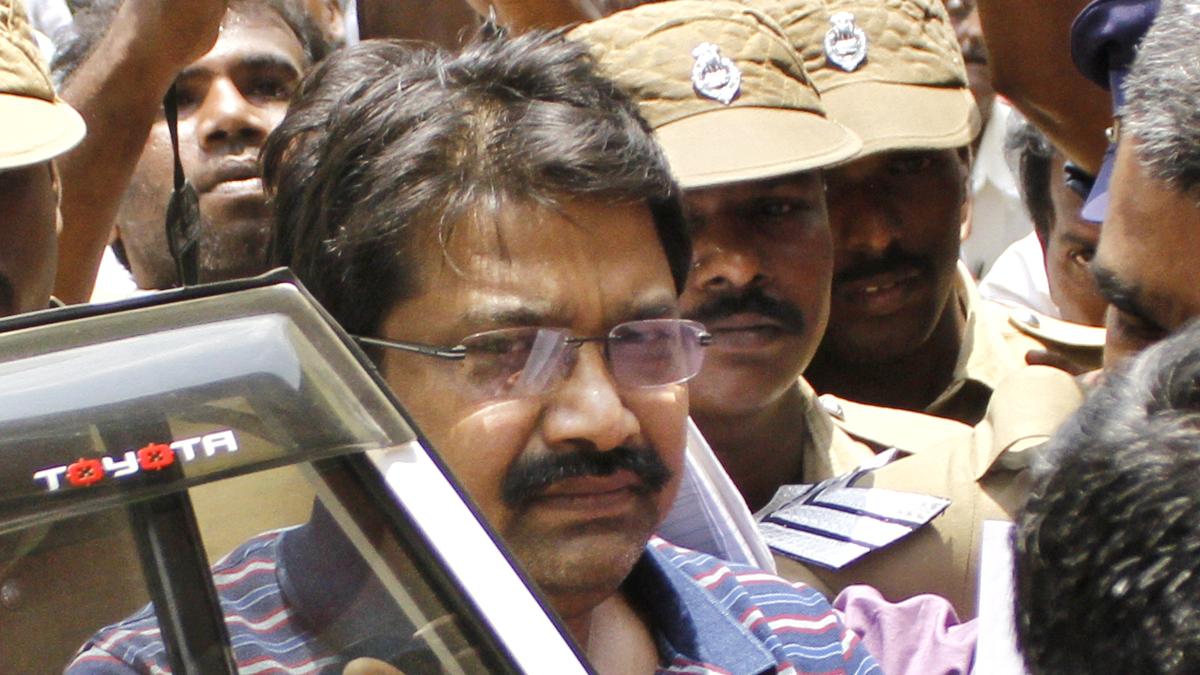
Paazee Forex extortion case | Madras High Court discharges IPS officer Pramod Kumar
The Hindu
Madras High Court sets aside charges against IPS officer Pramod Kumar in Paazee forex scam case.
The Madras High Court on Friday, June 7, 2024, set aside the charges framed against Indian Police Service (IPS) officer Pramod Kumar in a case booked for allegedly extorting money from the directors of Paazee Forex Trading India Limited, and discharged him from the case investigated by the Central Bureau of Investigation (CBI). The case of extortion was linked to the multi-crore Paazee forex scam of 2009.
Justice Vivek Kumar Singh allowed two criminal revision petitions filed by Mr. Kumar challenging an order passed by a special court for CBI cases in Coimbatore on November 23, 2023, refusing to discharge him from the extortion case and another order passed on November 28, 2023 framing the charges against him.
The judge said, the CBI had failed to establish the charges of extortion and other offences against the revision petitioner through production of prima facie evidence and hence, the charges framed against him by the special court suffer from non application of mind, and violate the principles of natural justice.
Justice Singh said, the prosecution had not proved the essential ingredients of demand of money and its acceptance by the petitioner. He also said, the case could not be substantiated on the basis of a mere presumptive statement that the other accused persons had received money on his behalf.
“Such presumption is legally unsustainable in the eye of law and there is lot of difference between ‘may be true’ and ‘must be true’. On appreciation of the entire evidence of prosecution it clearly indicates that the prosecution has failed to prove the offences of the petitioner herein beyond all reasonable doubt,” the judge observed.
He said, though the first charge framed against the petitioner runs to 14 pages for offences under Sections 120B (criminal conspiracy) read with various other provisions of the Indian Penal Code (IPC) as well as the Prevention of Corruption Act (PCA) of 1988, it was vague and bereft of prima facie evidence to prove it.
Stating that the other seven charges too suffer from similar infirmities, the judge said, the fourth charge for the alleged offence under Section 506 part I (criminal intimidation) of IPC could not be made out since there was no material to corroborate the accusation of the petitioner having threatened an approver.











